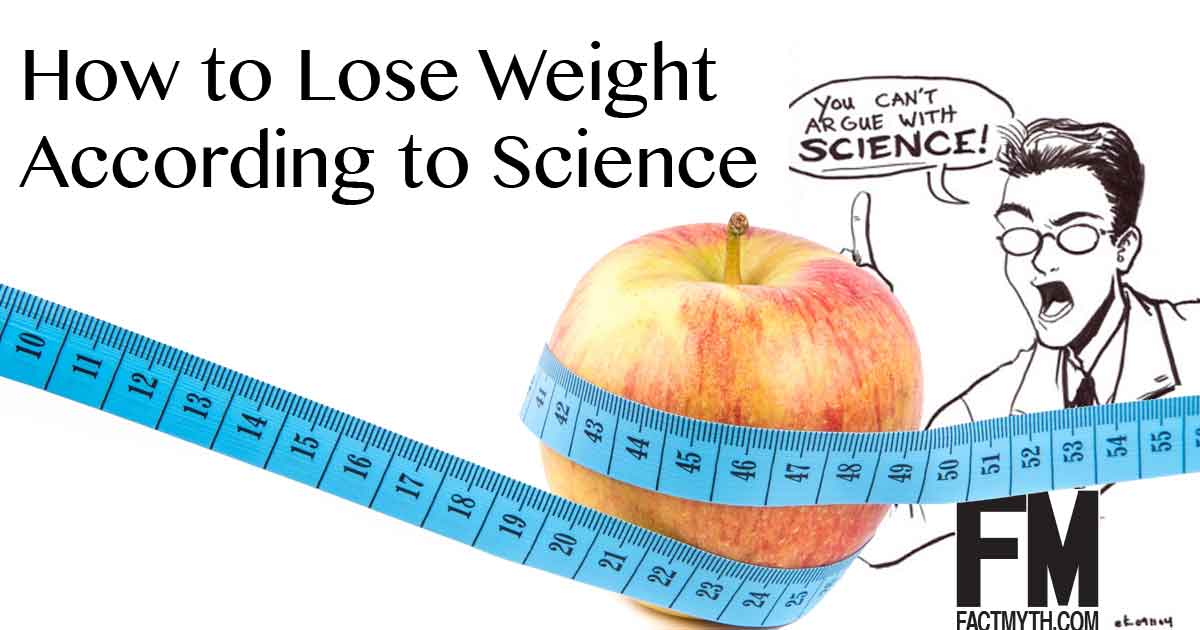How to Lose Body Fat, According to Science

We explain how to lose body fat from a scientific standpoint, and offer simple science-based advice on dieting, weight loss, and exercise.
Calories are a measure of energy, typically describing energy in food and energy derived from food. They include two types small calories and gram calories.

We explain how to lose body fat from a scientific standpoint, and offer simple science-based advice on dieting, weight loss, and exercise.